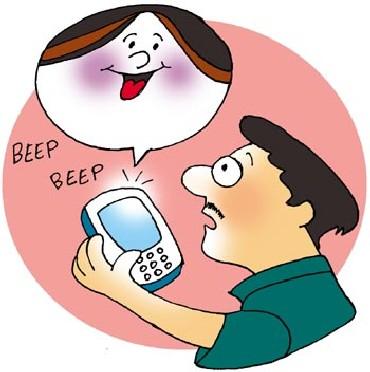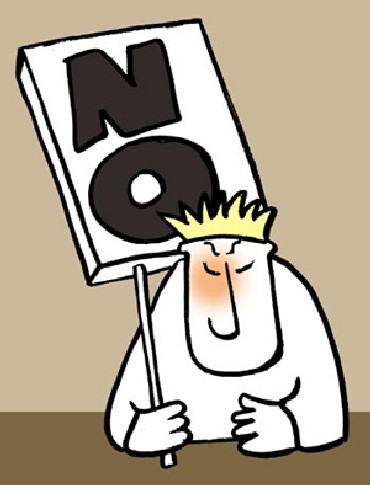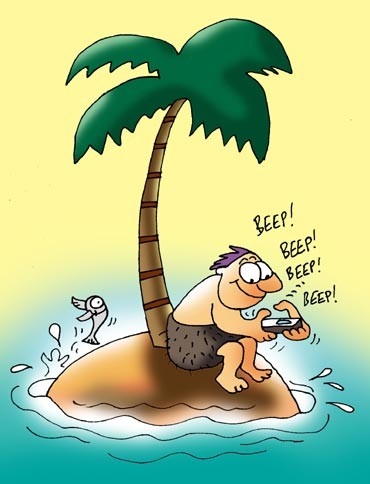Photographs: Uttam Ghosh/Rediff.com
Millions of telecom subscribers (mobile and landline) will finally get relief from unwanted calls and SMSes from September 27.
All those subscribers who have registered with the National Customer Preference Registry (earlier known as 'Do Not Call Registry') would get relief from all commercial communications, the Telecom Regulatory Authority of India (Trai) said.
"...relevant clauses of regulations have been amended and the regulations are being implemented from September 27," it added in a statement.
...
Say bye to pesky calls, SMS from Sep 27
India has over 850 million mobile and over 34 million fixed line subscribers.
Last year, the regulator had announced recommendations to curb the menace of such calls and SMSes but the guidelines could not be implemented in the absence of an identified number series, first in case of commercial calls coming from mobile networks and then in landline phones.
"DoT has provided '140' number series to be allocated to telemarketers. Access Providers (operators) have to make relevant provisions in their network before allocation of resources to telemarketers using '140' numbering series from both mobile and fixed line networks," Trai said.
...
Say bye to pesky calls, SMS from Sep 27
Trai had last year recommended a maximum fine of Rs 2.5 lakh on telemarketing companies for making unsolicited calls or SMSes to a consumer registered under the NCPR -- a modified version of Trai's 'Do Not Call Registry' list.
Subscribers have the option of choosing to be under the 'Fully Blocked' category, which is akin to the 'Do Not Call Registry'. If a user selects the 'Partially Blocked' category, they will receive SMSes in categories chosen by them.
Trai has identified seven categories -- banking and financial products, real estate, education, health, consumer goods, automobiles, communication and entertainment, tourism and leisure.
...
Say bye to pesky calls, SMS from Sep 27
Further, the regulator has reduced the periodicity for subscriber to change their preference in NCPR to seven days from three months.
"In order to provide flexibility to a customer to change his preference, the existing restriction of three months has been reduced to seven days," Trai said.
As of now a call from a landline number can be identified based on an STD code - the initial digits and then levels (digits following STD codes), which differs from exchange to exchange within a city.
Adding three-digit series to landline numbers will take total digits to 13 and to transmit such numbers on telecom networks, especially for caller line identification, two telecom PSUs BSNL and MTNL would require to install new equipment.





article